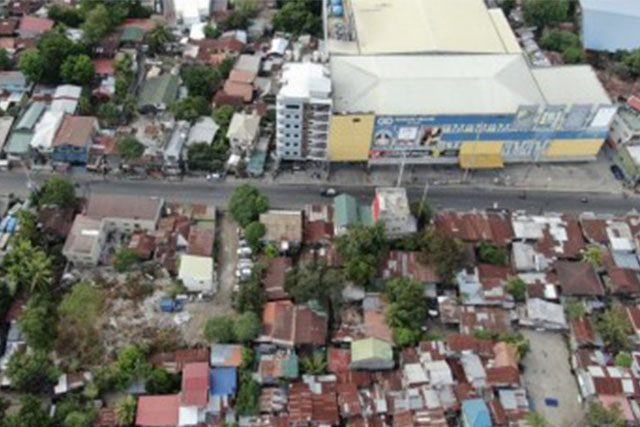
A footage of an aerial survey conducted over Cebu when it was under the strictest lockdown phase last year once again gained traction on social media.
Twitter account @EngrsOfMNL on Sunday retweeted a news item featuring a clip of the inspection conducted by Police Lieutenant General Guillermo Eleazar over Cebu City on June 2020.
“Taray kita diyan ang Covid?” it quipped.
“Ning, hindi ganyang airborne ang sinabi ng World Health Organization,” the account added in another tweet.
“Bakit pa tayo nags-swab test, kaya naman pala makita sa aerial survey ‘yung COVID-19 cases,” @EngrsOfMNL further quipped.
Taray kita diyan ang Covid? https://t.co/AlMuH2n6zt
— Engineers for PH 🇵🇭 (@EngrsOfMNL) May 2, 2021
The aerial survey was conducted at a time when the Visayan city was the only area in the country placed under the enhanced community quarantine due to its then-rising COVID-19 infections.
Latest reports from the Department of Health for that period noted that Cebu City has the highest COVID-19 cases in terms of city level.
Eleazar, who is the commander of the Joint Task Force COVID Shield, oversaw the inspection to reportedly assess its situation.
He also inspected the quarantine checkpoints installed in the city.
The aerial survey previously drew backlash from social media who questioned its usefulness as a government pandemic response.
“Aerial…survey? For a pandemic? This isn’t a natural calamity? The virus is invisible? Isn’t this a waste of resources? Genuinely curious. Please make it make sense…” a Twitter user wrote before.
RELATED: ‘Virus is invisible’: Cebu City aerial survey triggers concerns on COVID-19 response
Recently, proposals to improve ventilation in indoor spaces such as in offices surfaced among the online community following information that SARS-CoV-2 can be transmitted through the air.
A study from The Lancet, a peer-reviewed journal, stated that “viable SARS-CoV-2 has been detected in the air” and that “SARS-CoV-2 has been identified in air filters and building ducts in hospitals with COVID-19 patients; such locations could be reached only by aerosols,” among others.
In a briefer last year, the US Centers for Disease Control and Prevention has also considered using the term “airborne” for COVID-19 transmissions.









